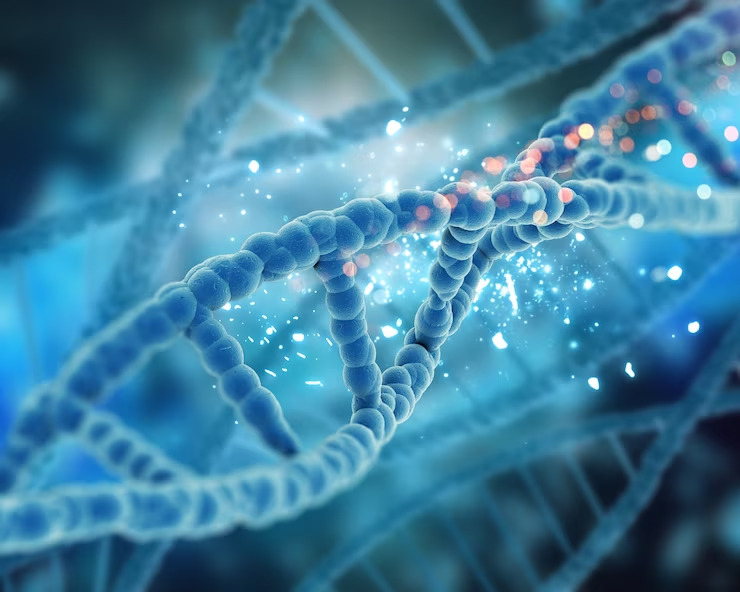About Stem Cell
Home >> About Stem Cell

About Stem Cell
Unlocking the Potential of Stem Cells: Understanding Their Revolutionary Role in Medicine.
Welcome to the gateway of knowledge about the extraordinary world of stem cells! Stem cells, the building blocks of life, possess an incredible ability to transform into various specialized cell types within the body. These remarkable cells hold immense promise for revolutionizing modern medicine and reshaping the landscape of healthcare as we know it.
What Are Stem Cells?
At their core, stem cells are undifferentiated cells with the remarkable potential to develop into different cell types in the body during early life and growth. Their unique ability to self-renew and differentiate into specialized cell types makes them a fundamental component of our natural healing process.
Stem Cells Therapy
Stem cell therapy is a revolutionary medical approach harnessing the remarkable potential of stem cells to treat various conditions and promote healing within the body.
Understanding Stem Cells
Stem cells are undifferentiated cells with the unique ability to develop into specialised cell types in the body. They possess the remarkable capacity for self-renewal and regeneration, making them invaluable in repairing damaged tissues and organs.

Types of Stem Cells
There are several types of stem cells, each with its own unique properties and potential applications:
- Embryonic Stem Cells (ESCs): Derived from embryos, these cells are pluripotent, meaning they have the capability to differentiate into any cell type in the body.
- Adult Stem Cells: Found in various tissues throughout the body, adult stem cells are multipotent, specializing in producing the types of cells specific to their tissue of origin.
- Induced Pluripotent Stem Cells (iPSCs): These are adult cells that have been reprogrammed to behave like embryonic stem cells, displaying similar pluripotent characteristics.
The Promise of Stem Cell Research
Stem cell research holds immense promise in treating a myriad of diseases and injuries, offering hope for conditions ranging from heart disease and diabetes to neurological disorders and spinal cord injuries. Through regenerative medicine, these cells offer a potential pathway for replacing damaged tissues and organs, thereby transforming the way we approach and treat debilitating conditions.
Join Us on the Journey of Discovery
Explore our comprehensive resources, articles, and expert insights to delve deeper into the world of stem cells. Stay updated on the latest breakthroughs, ethical discussions, and the evolving landscape of regenerative medicine. Together, let’s uncover the vast potential and ethical considerations of stem cell research, ushering in a new era of healthcare possibilities.
Ethical Considerations
While the potential of stem cells in medical advancements is undeniable, it’s essential to navigate the ethical considerations surrounding their use. Debates exist regarding the sourcing of embryonic stem cells and the ethical implications involved.
The Process of Stem Cell Therapy
- Collection: Stem cells can be obtained from various sources, including bone marrow, adipose tissue (fat), or embryonic tissues. These cells are harvested through minimally invasive procedures, ensuring patient comfort and safety.
- Isolation and Preparation: Once collected, the stem cells are isolated and prepared for therapeutic use. This involves concentrating the cells to enhance their potency and effectiveness.
- Delivery: The prepared stem cells are then introduced into the targeted area of the body. This can be done through injections, infusions, or localized placement depending on the specific condition being treated.
- Activation of Healing: Once in the body, the stem cells work by migrating to the site of injury or damage. They exhibit their remarkable ability to transform into specialized cells needed for repair and regeneration. Moreover, they release growth factors and signaling molecules that stimulate the body’s natural healing mechanisms, promoting tissue repair and reducing inflammation.
- Integration and Healing: Over time, the stem cells integrate into the damaged tissues, aiding in the repair process. They facilitate tissue regeneration, potentially restoring functionality and alleviating symptoms associated with the condition.
Conditions Treated with Stem Cell Therapy
Stem cell therapy has shown promise in addressing a wide range of conditions, including:
- Orthopaedic injuries such as joint pain, tendon injuries, and cartilage degeneration.
- Neurological disorders like Parkinson’s disease, multiple sclerosis, and stroke.
- Degenerative diseases such as arthritis, diabetes, and heart conditions.
Benefits of Stem Cell Therapy
- Regeneration: Stem cells have the potential to regenerate and repair damaged tissues.
- Reduced Inflammation: They can modulate the immune response, reducing inflammation and promoting healing.
- Minimally Invasive: Procedures for harvesting and delivering stem cells are minimally invasive, ensuring a quicker recovery.
Conclusion
Stem cell therapy represents a groundbreaking approach in modern medicine, offering hope for patients seeking alternatives to traditional treatments. By leveraging the body’s innate healing mechanisms, stem cell therapy holds immense potential in transforming healthcare and improving the quality of life for many individuals.
